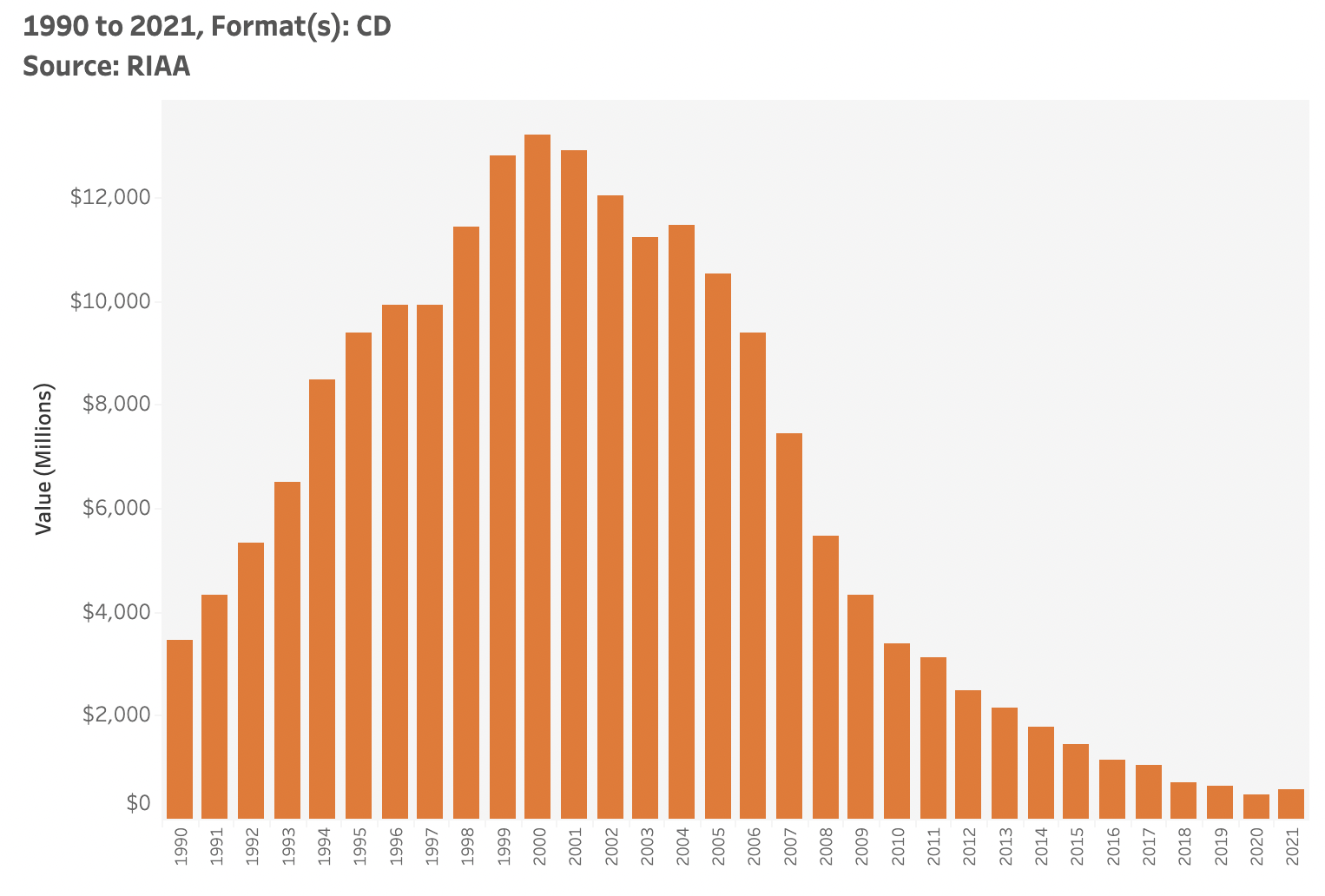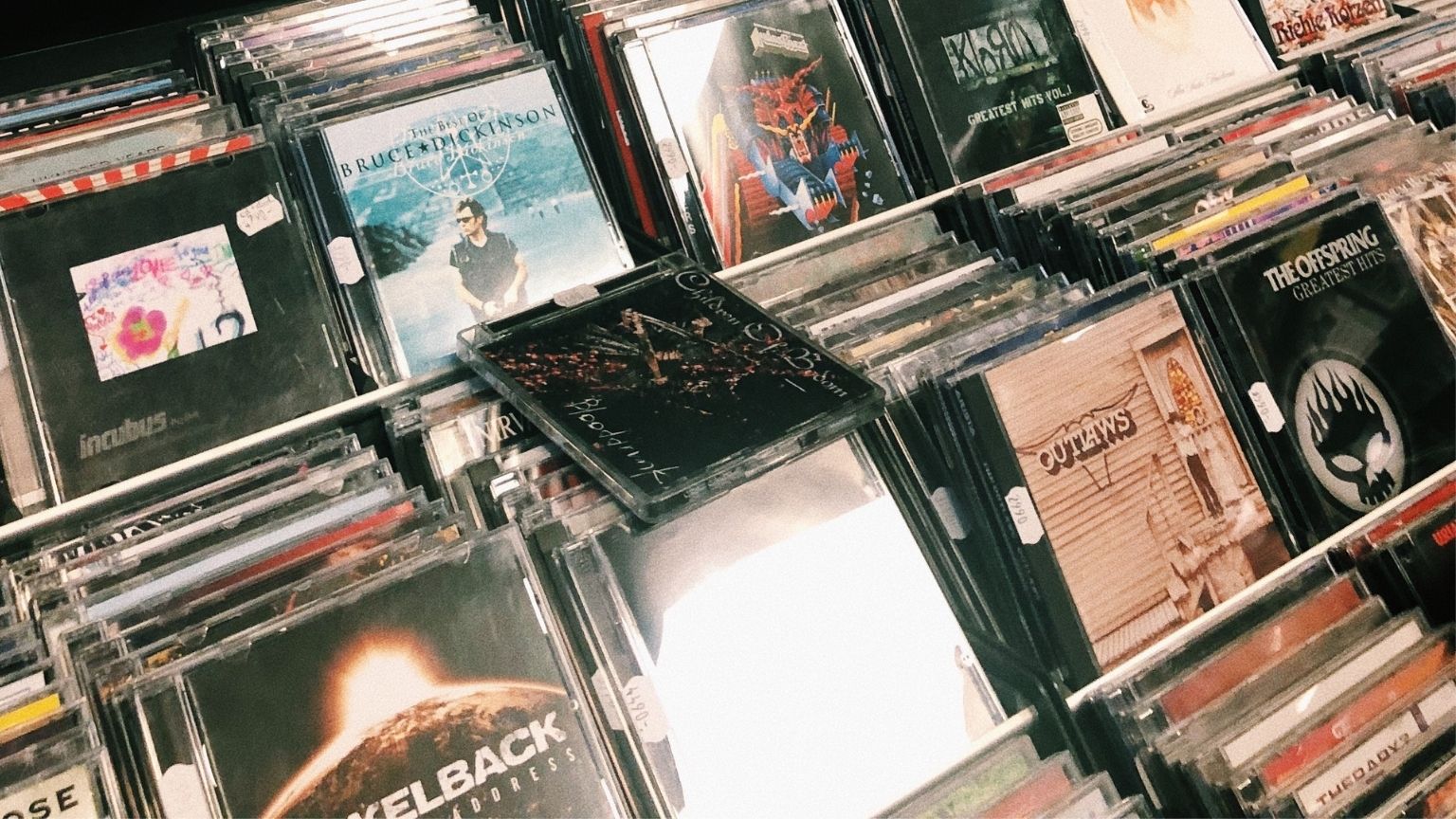In the “brave new world” scenario speculated on by the World Economic Forum (WEF), people could soon enough – by 2030 – “own nothing and be happy.”
Well, perhaps not so fast, because the issue of ownership and questions around it – over anything from computer games, to health choices – are getting ever more relevant, rather than fading into obscurity.
One indicator that may or may not fit into that is the curious fact that CDs are making something of a comeback after it seemed they were virtually dead and buried with the music and movie industry shifting resolutely to streaming, and the consumers embracing that shift.
Streaming certainly remains far superior in terms of adoption and revenue over any sales and use of physical media, thanks to costs and, above all, convenience – but there may come a time when streaming will hit a plateau, in a world where trust is in ever-higher demand and shorter supply. For some – not many, but many more than in previous years – having their music in their physical possession instead of at the mercy of streaming services is clearly a better proposition.
The Recording Industry Association of America (RIAA) is now reporting that CD sales went up last year in the US for the first time since 2004. Consumers are also getting fonder of vinyl recordings, and put together, the sales data for 2021 shows that physical music sales have increased for the first time in nearly three decades – since 1996.

In numbers, paid subscriptions offered by streaming services remain by far the most profitable, raking in $8.6 billion in 2021. In addition, music that comes at the price of ads being included in the experience brought in an additional $1.8 billion.
But the number of CDs sold went up from 31.6 million in 2020 to 46.6 million the following year, which translates to a revenue increase of just over $100 million – from $483.2 to $584.2 million.
Meanwhile, vinyl sales are now worth a billion a year in the US, with 38.7 million units sold. Combined, CD and vinyl music market share is currently close to 11 percent of the industry’s overall revenue.










